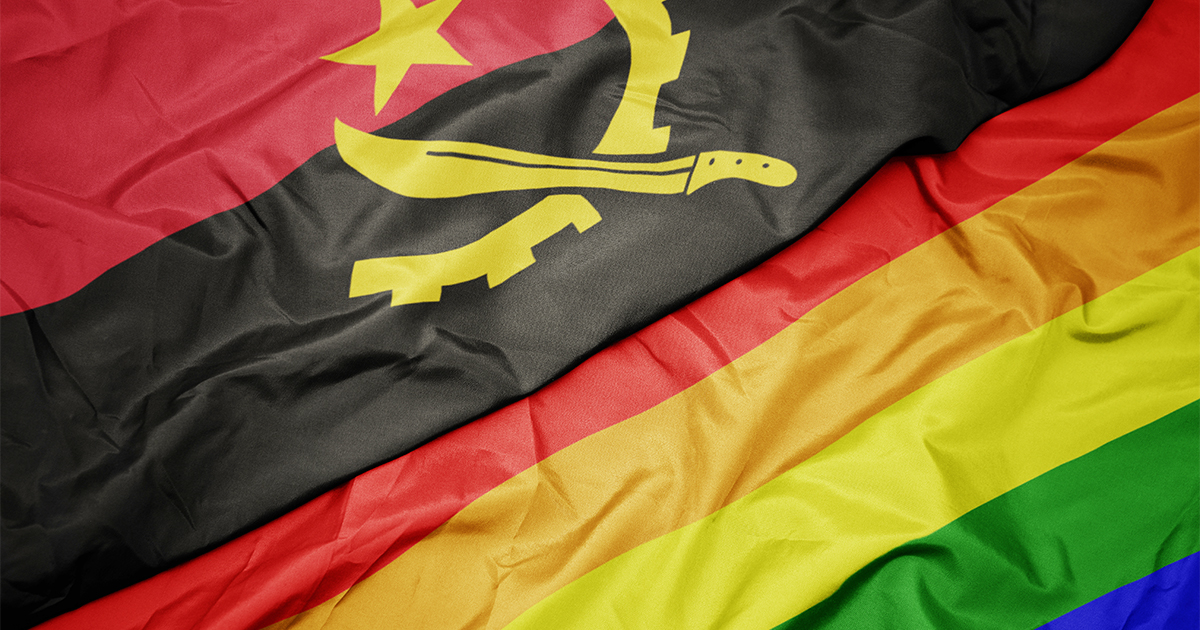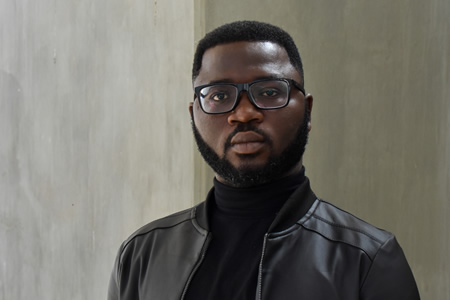The Centre for Human Rights, Faculty of Law, University of Pretoria, welcomes the coming into effect of Angola’s Penal Code decriminalising consensual same-sex acts between adults. The new Penal Code repeals articles 70 and 71 of the colonial Penal Code that had prohibited acts considered to be ‘against nature’ including same-sex sexual practices. These previous provisions adversely affected Angolan LGBTIQ+ communities and hindered their access to basic human rights such as access to justice, healthcare services, education, and employment.
Although the new Penal Code was enacted by the Angolan legislature in 2019, it was only signed into law by the president in November 2020. On 9 February 2021, the changes came into effect. The new Penal Code has been described as having innovative solutions that are aligned with the most modern solutions at the international level. Angola’s Minister of Justice and Human Rights, Francisco Queiroz, also expressed satisfaction with the progression that Angola is undergoing and commended the country for moving from colonial legacy laws to a ‘new Penal Code totally inspired by political reality, legal, cultural and social Angola’.
In 2018, the Ministry of Justice also registered the Iris Angola Association, conferring it with legal status in recognition and acknowledgement of the existence of LGBTIQ+ people in Angola. LGBTIQ+ communities in Angola now have equal access to law and legal protections as other nationals.
The Centre for Human Rights urges all Angola nationals to adopt positive and non-discriminatory social attitudes towards the LGBTIQ+ community in accordance with the new laws. It is also important that other intersectional issues that may reinforce previous discriminatory attitudes such as age, gender, socio-economic ability, and disability status are addressed to ensure the effectiveness of the legal changes.
Angola has followed other African countries that have decriminalised laws impacting LGBTIQ+ persons, in accordance with the state obligation to protect, promote and fulfil human rights for all persons. Across Africa, LGBTIQ+ people are subjected to state-sponsored homophobia and degrading treatment.
We therefore call on other African states that still criminalise same-sex relations to follow the example of African states such as South Africa, Angola, Seychelles, Mozambique, Cape Verde, Malawi, Botswana and Gabon, that have judicially overturned or directly decriminalised the penalisation of consensual same-sex sexual acts by adults. Such action would align these states with those African states in which same-sex sexual acts by adults in private have never been criminalised, such as Madagascar, Congo, Central Africa Republic, Equatorial Guinea, Mali, Burundi, Côte d’Ivoire, and Rwanda.
We urge all African states to:
- recognise the dangers of violence and other forms of discrimination against persons based on their real or imputed sexual orientation and gender identity, and to institute laws that protect LGBTIQ+ persons from violence and discrimination as members of a vulnerable category as called upon in Resolution 275 of the African Commission on Human and Peoples’ Rights;
- refrain from criminalising the work of human rights defenders and service providers working for the protection and well-being of LGBTIQ+ persons;
- work towards the education and sensitisation of their citizens to respect the rights of all persons including LGBTIQ+ persons; and
- fulfil their mandated obligation to protect, promote and fulfil human rights for all persons.
For more information, please contact:

Tel: +27 (0)12 420 3151
thiruna.naidoo@up.ac.za



